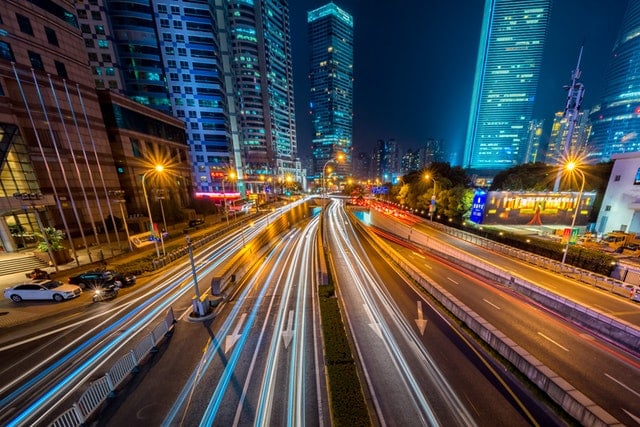Lately, I’ve been thinking a lot about driverless cars. I have been coming at it from the perspective of a father whose eldest daughter just got her learner’s permit. There really is no substitute for experience, and it takes a good five years to build the driving chops needed to not suck at it. This is a scary proposition and the reason why insurance is so expensive for young drivers.
Then I start thinking about the fact that my daughter’s generation may well be the last that goes through this process at all. Estimates vary but most thought leaders see driverless cars (clunky name; I prefer auto-bots) as somewhere between 10 and 30 years from widespread use. What will that mean? The impact will be felt across almost every industry. Here are just a few ramifications that immediately come to mind:
1. Where will donor organs come from?
This one is not intuitive until you think about it a bit. There are approximately 125,000 people on organ donor lists in the United States. About 35,000 of the needed organs will come from victims of car crashes. So driverless cars could wipe out more than 25 percent of the organ pool in the country. Without question, it’s great so many people will not die in accidents. But without policy changes around the sale of organs, encouraging organ donations, perhaps with compensation and other public policy shifts, we will be trading some deaths for others.
2. Policing will be very different
Right now, about 50 percent of public-facing police work occurs via traffic stops. These stops have good and bad consequences but, right now, are at the heart of how police monitor and control the behavior of drivers (i.e., the majority of adults). In a driverless world, these stops will basically go away. It is also easy to see police cameras being mounted on drones for routine traffic enforcement, with police being able to get to incidents faster than ever before when human judgment is needed.
3. Don’t train to be a long-distance truck driver
Long distance trucking is clearly one of the professions that will be most quickly and thoroughly impacted by autonomous cars. After all, auto-bots can drive around the clock every day of the year and don’t require salaries, pensions, vacation days or even heat or cooling in their cab.
4. Driverless cars could provide a lifeline to retail
Everyone knows that retail visits are in steep decline while online traffic and sales are growing every year. Is this a death-knell for all physical retail? Maybe not. An article from NPD Group (link below) calls out a number of ways driverless cars could benefit traditional retail. For example, what if your car could run errands for you while you were at the office? What if your favorite store sent a car to pick you up for a special curated experience based on your purchase history?
5. Driving as the new big-game hunting?
When auto-bots become all too prevalent, I can easily imagine people wanting to do something crazy and dangerous like drive a car on their own. They would need to travel to a special preserve where they could choose the type of car and driving experience that they wanted—all for a steep price tag.
Of course, these thoughts just scratch the surface of what the world could look like once driverless cars are the norm. Let me know your thoughts, particularly if you can come up with a way for self-driving car adoption before my youngest is ready for her license!
















